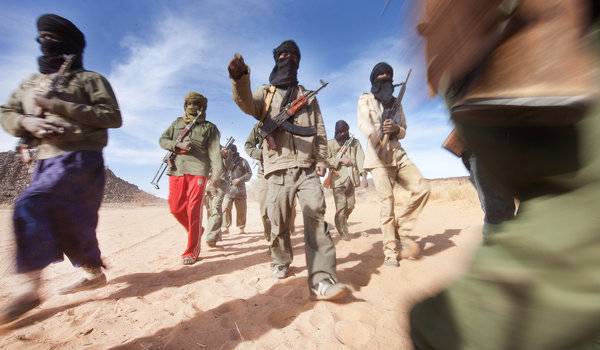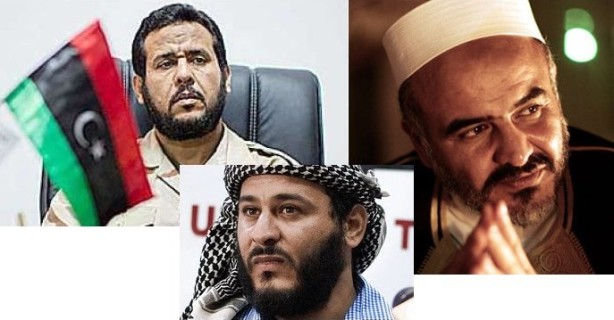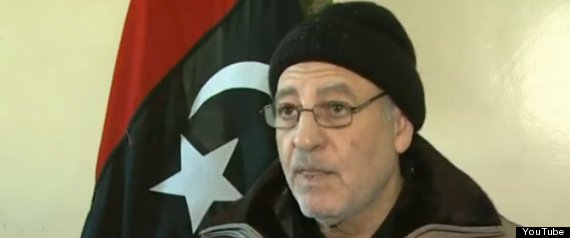- Thread starter
- #461
Libya Prisons Must Be Taken Over By Government, UN Rights Chief Says

Libya Prisons Must Be Taken Over By Government, UN Rights Chief Says

DAVOS, Switzerland -- The U.N.'s top human rights official said Friday that Libya's transitional government must take control of all makeshift prisons to prevent further atrocities against detainees.
Various former rebel groups are holding as many as 8,000 prisoners in 60 detention centers around the country, said U.N. High Commissioner for Human Rights Navi Pillay.
"There's torture, extrajudicial executions, rape of both men and women," she told The Associated Press.
Pillay says she is particularly concerned about sub-Saharan African detainees whom the brigades automatically assume to be fighters for former Libyan dictator Moammar Gadhafi.
Aid group Doctors Without Borders suspended its work in prisons in the Libyan city of Misrata on Thursday because it said torture was so rampant that some detainees were brought for care only to make them fit for further interrogation.
Amnesty International said Thursday it had recorded widespread prisoner abuse in other cities that led to the deaths of several inmates.
The allegations, which come more than three months after Gadhafi was captured and killed, were an embarrassment to the governing National Transitional Council, which is struggling to establish its authority in the divided nation.
Libya Prisons Must Be Taken Over By Government, UN Rights Chief Says













